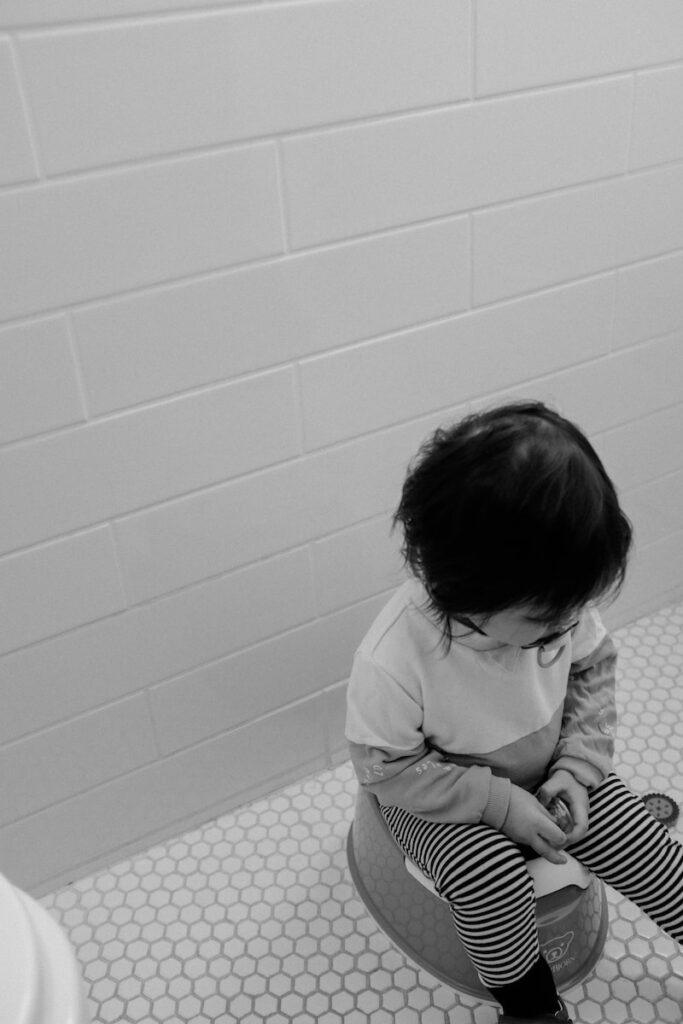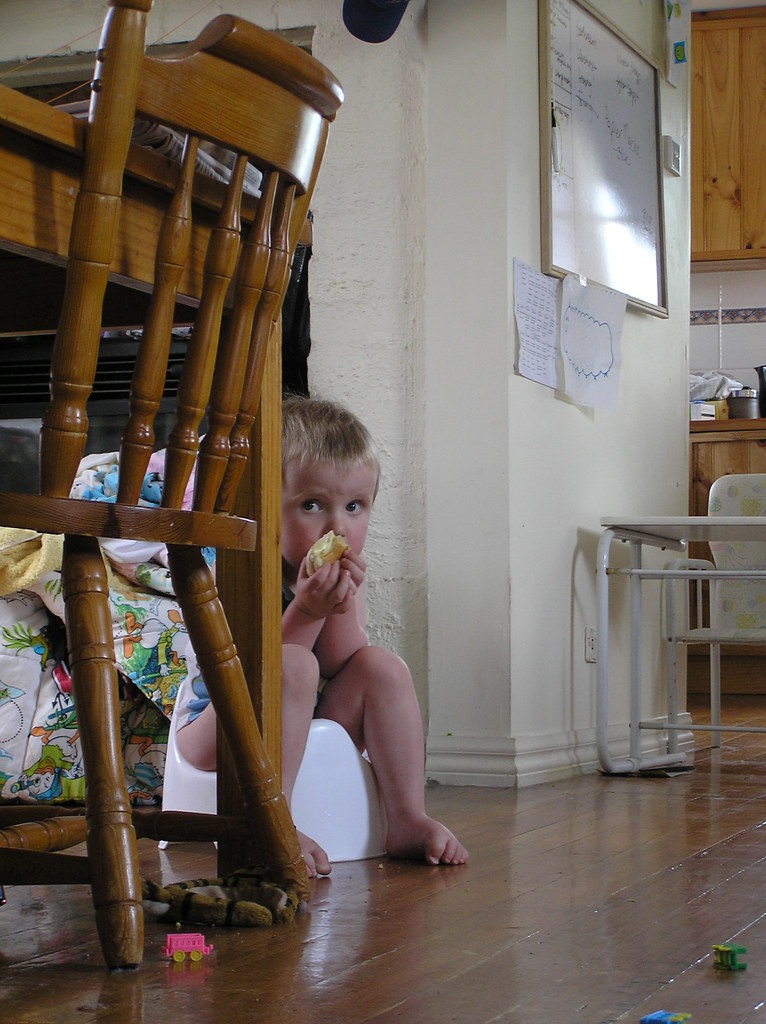“Managing Constipation in Children” is a comprehensive article that falls under the umbrella of kids’ health. This content covers a wide array of important health topics related to children, offering valuable information and insights. From addressing common concerns such as anxiety, bedwetting, and food allergies, to exploring recurring issues like coughs and colds, this article delves into the most relevant health matters affecting children. In addition, the content features a symptom checker and a health service finder tool, making it a practical resource for parents seeking guidance in managing their child’s health effectively.
Managing Constipation in Children
Constipation is a common issue that can affect children of all ages. It occurs when a child has difficulty passing stools and experiences infrequent bowel movements. The causes of constipation in children can vary, and it is important for parents and caregivers to be aware of the signs and symptoms, as well as when to seek medical help. Fortunately, there are several preventive measures and treatment options available to manage constipation in children. This comprehensive article aims to provide a detailed understanding of constipation in children, including its causes, signs and symptoms, preventive measures, dietary changes, the importance of fluid intake, establishing regular toilet habits, the role of physical activity, and both medication and natural remedies for constipation.
Causes of Constipation in Children
Constipation in children can have various underlying causes. Understanding these causes can help parents and caregivers take appropriate preventive measures and seek timely medical help when needed. Some common causes of constipation in children include:
Low Fiber Diet
A diet low in fiber can contribute to constipation. Fiber adds bulk to the stool and helps promote regular bowel movements. Children who consume mainly processed foods and lack sufficient fruits, vegetables, and whole grains in their diet may experience constipation.
Dehydration
Adequate hydration is essential for maintaining regular bowel movements. When a child does not drink enough fluids, the body absorbs more water from the stool, leading to hard and dry stools that are difficult to pass.
Lack of Physical Activity
Physical activity plays a crucial role in bowel movements. Children who lead a sedentary lifestyle and do not engage in regular physical activity may be more prone to constipation.
Toilet Training Issues
Toilet training plays a significant role in a child’s ability to have regular bowel movements. If a child is not given enough time or feels pressured during toilet training, they may develop constipation due to holding back stool.

Emotional Factors
Emotional factors, such as stress or anxiety, can also contribute to constipation in children. Changes in routine, school-related stress, or emotional upheavals can impact the child’s digestive system, leading to constipation.
Certain Medications
Some medications can have constipation as a side effect. If a child is taking medication regularly, it is important to be aware of its potential impact on their bowel movements.
Underlying Medical Conditions
In some cases, constipation can be a symptom of an underlying medical condition. Conditions like hypothyroidism, irritable bowel syndrome, and Hirschsprung’s disease can contribute to constipation in children.

Signs and Symptoms of Constipation
Recognizing the signs and symptoms of constipation is crucial for early intervention and management. Some common signs and symptoms of constipation in children include:
Less Frequent Bowel Movements
Children who experience constipation may have fewer bowel movements than usual. They may go several days without passing stool or have difficulty passing stool regularly.
Hard and Dry Stool
Constipated children often have hard and dry stools. The stool may be difficult to pass and may cause discomfort or pain.
Painful Bowel Movements
Passing hard stools can be painful for children. They may experience pain, discomfort, or even tears during bowel movements.
Abdominal Pain or Discomfort
Constipation can cause abdominal pain or discomfort. Children may complain of stomachaches or feel bloated.

Bloating and Gas
Bloating and excessive gas can accompany constipation in children. This can cause discomfort and further exacerbate the issue.
Loss of Appetite
Children with constipation may experience a loss of appetite. The discomfort and fullness caused by constipation can reduce their desire to eat.
Irritability and Restlessness
The discomfort of constipation can make children feel irritable, restless, or even cranky. They may have trouble concentrating or experience mood swings.
Rectal Bleeding
In some cases, constipation can cause rectal bleeding. Hard stools can cause small tears in the rectum, leading to blood in the stool.
When to Seek Medical Help
While occasional constipation may be manageable at home, there are certain situations where it is important to seek medical help. Parents and caregivers should be aware of the following red flags that warrant medical attention:
Persistent Constipation
If constipation persists despite home remedies and preventive measures, it is important to consult a healthcare provider. Persistent constipation may indicate an underlying medical condition that requires medical intervention.
Blood in Stool
The presence of blood in the stool should always be taken seriously. If a child consistently has blood in their stool, it is essential to seek immediate medical attention to rule out any serious underlying issues.
Severe Abdominal Pain
If a child experiences severe abdominal pain that is not relieved with usual measures, medical attention should be sought. Severe pain can indicate a blockage or other serious complications.
Weight Loss
Unexplained weight loss can be a concerning sign, especially when accompanied by constipation. If a child is losing weight without any apparent reason, a healthcare provider should be consulted.
Failure to Thrive
Constipation can affect a child’s growth and development. If a child is not thriving, not gaining weight, or not reaching developmental milestones, it is important to consult a healthcare provider.
Changes in Bowel Movements
Any drastic changes in bowel movements, such as sudden onset of severe constipation or alternating bouts of constipation and diarrhea, should be evaluated by a healthcare professional.

Preventing Constipation in Children
Prevention is always better than cure when it comes to constipation. There are several measures parents and caregivers can take to prevent constipation in children:
Promoting a High-Fiber Diet
A high-fiber diet helps prevent constipation by adding bulk to the stool. Encourage children to consume foods rich in fiber, such as fruits, vegetables, whole grains, and legumes.
Encouraging Regular Physical Activity
Regular physical activity helps stimulate the bowels and promote regular bowel movements. Encourage children to engage in age-appropriate activities to maintain an active lifestyle.
Establishing a Toilet Routine
Creating a regular toilet routine helps train a child’s body to have predictable bowel movements. Encourage children to sit on the toilet at the same time every day, ideally after meals.
Managing Stress and Anxiety
Stress and anxiety can contribute to constipation in children. Create a supportive and calming environment for your child and help them manage any stress or anxiety they may be experiencing.
Avoiding Excessive Toilet Training Pressure
Toilet training should be a gradual and patient process. Avoid putting excessive pressure on the child to achieve toilet training milestones, as this can lead to constipation.

Dietary Changes to Manage Constipation
Making dietary changes can significantly help manage constipation in children. Some key dietary changes to consider include:
Increasing Fiber Intake
Adding more fiber to the diet can help soften the stool and facilitate regular bowel movements. Encourage children to consume whole fruits (with the skin), vegetables, and whole grains.
Adding Fruits and Vegetables
Including a variety of fruits and vegetables in a child’s diet can provide essential vitamins, minerals, and fiber. Fruits like apples, pears, berries, and vegetables like broccoli and carrots are good choices.
Choosing Whole Grains
Opting for whole grain products, such as whole wheat bread and brown rice, instead of refined grains can help increase fiber intake and prevent constipation.
Including Legumes and Beans
Legumes and beans are excellent sources of fiber and can be incorporated into meals like soups, stews, and salads. Examples include lentils, chickpeas, and black beans.
Encouraging Probiotics in the Diet
Probiotics are beneficial bacteria that can help regulate gut health and prevent constipation. Encourage children to consume foods like yogurt, kefir, and fermented vegetables.
Fluid Intake for Constipation Relief
Adequate fluid intake is crucial for relieving constipation. Encourage children to drink enough fluids throughout the day to prevent dehydration and facilitate regular bowel movements. Here are some key points to consider:
Importance of Hydration
Hydration is essential for maintaining healthy bowel movements. When a child is well-hydrated, the stool retains more water, making it easier to pass.
Recommended Daily Fluid Intake
The recommended daily fluid intake for children varies based on their age and activity level. As a general guideline, children aged 1 to 3 years should consume 1.3 to 1.7 liters of fluid per day, while children aged 4 to 8 years should consume 1.7 to 2.4 liters per day.
Hydrating Fluid Choices
Water is the best choice when it comes to hydration. Encourage children to drink plain water throughout the day. Limit sugary drinks like juices and soda, as they can contribute to constipation.
Monitoring Fluid Intake
Keep track of your child’s fluid intake and ensure they are drinking enough water throughout the day. If needed, set reminders or provide water bottles to encourage regular hydration.

Establishing Regular Toilet Habits
Establishing regular toilet habits can help prevent constipation and promote healthy bowel movements. Here are some strategies to consider:
Creating a Relaxing Bathroom Environment
Make the bathroom a comfortable and inviting space for your child. Ensure it is well-lit, clean, and stocked with necessary supplies like toilet paper and a step stool if needed.
Encouraging Regular Toilet Schedules
Encourage your child to sit on the toilet at the same time every day, preferably after meals. Establishing a routine helps train the body to have predictable bowel movements.
Avoiding Rushing and Distractions
Encourage your child to take their time on the toilet and avoid rushing. Minimize distractions like toys or electronics to help them focus on the task at hand.
Promoting Proper Positioning
Ensure your child is in the correct position while sitting on the toilet. Using a small footstool to elevate their feet can help align their body for easier bowel movements.
Physical Activity and Exercise
Regular physical activity can have a positive impact on bowel movements and help prevent constipation. Here are some ways to incorporate physical activity into your child’s routine:
The Role of Exercise in Bowel Movements
Exercise stimulates the muscles in the intestines, promoting regular bowel movements. Physical activity increases blood flow to the digestive system, aiding in proper digestion and elimination.
Types of Physical Activities Beneficial for Constipation
A variety of physical activities can benefit children with constipation. Exercises like walking, running, swimming, and cycling can help stimulate the bowels and promote regular bowel movements.
Incorporating Exercise into Daily Routine
Encourage your child to engage in at least 60 minutes of physical activity every day. Incorporate activities that they enjoy, such as playing outside, participating in sports, or dancing.
Safety Tips for Physical Activity
Ensure your child engages in physical activities in a safe environment. Provide them with appropriate safety gear, supervise younger children, and encourage adherence to safety guidelines.

Medications for Constipation in Children
In some cases, medical intervention may be necessary to manage constipation in children. Medications may be prescribed to help relieve symptoms and promote regular bowel movements. However, it is important to consult a healthcare provider before administering any medications to a child. Some commonly prescribed medications for constipation include:
(Expand on the topic of medications for constipation in children, providing detailed information about different types of medications, their potential side effects, and precautions to be taken while administering them. Mention that medications should only be used under medical supervision and as a last resort when other treatment options have been ineffective.)

Natural Remedies for Constipation
In addition to dietary and lifestyle changes, certain natural remedies can help manage constipation in children. It is important to note that natural remedies should also be used under medical supervision and should not replace professional medical advice. Some natural remedies that can be considered for constipation relief include:
Herbal Teas
Herbal teas like chamomile and peppermint can have mild laxative effects and help relieve constipation. Consult with a healthcare provider before introducing herbal teas to a child’s diet.
Prune Juice
Prune juice is a natural laxative that can help soften the stool and promote regular bowel movements. Start with small amounts and gradually increase as tolerated.
Flaxseed
Flaxseed is a good source of fiber and can help regulate bowel movements. Ground flaxseed can be added to foods like yogurt, oatmeal, or smoothies.
Aloe Vera Juice
Aloe vera juice has natural laxative properties and can help relieve constipation. However, it should be used with caution and under medical supervision, as it can cause digestive irritation in some individuals.
Proper Hydration
Ensuring your child is adequately hydrated is a natural way to prevent and relieve constipation. Encourage them to drink enough water throughout the day and limit sugary drinks.
(Close the article by summarizing the main points covered, reiterating the importance of prevention, and encouraging readers to consult a healthcare professional for personalized advice and treatment options.)
